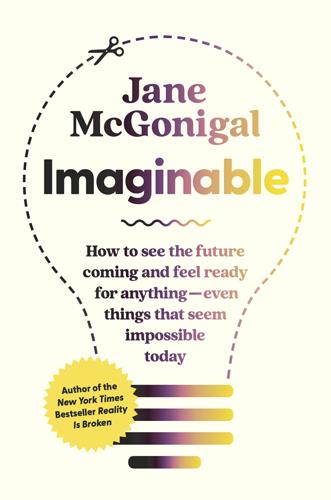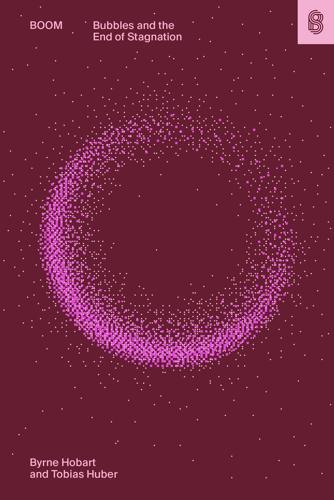
Imaginable: How to See the Future Coming and Feel Ready for Anything―Even Things That Seem Impossible Today
by Jane McGonigal · 22 Mar 2022 · 420pp · 135,569 words
falling back to levels that were normal hundreds or thousands of years ago.17 How much mental energy should we put into imagining a hypothetical global fertility crisis today if the risks might turn out to be overblown? Professional futurists have a term for scenarios that have a low probability of happening but

Boom: Bubbles and the End of Stagnation
by Byrne Hobart and Tobias Huber · 29 Oct 2024 · 292pp · 106,826 words
about an impeding “testocalpyse” 26 might be dismissed as expressions of an outdated obsession with masculinity, some researchers worry that we have entered a catastrophic global fertility crisis. 27 This represents a species-level existential risk that almost no one talks about. “The current state of reproductive affairs can’t continue much longer